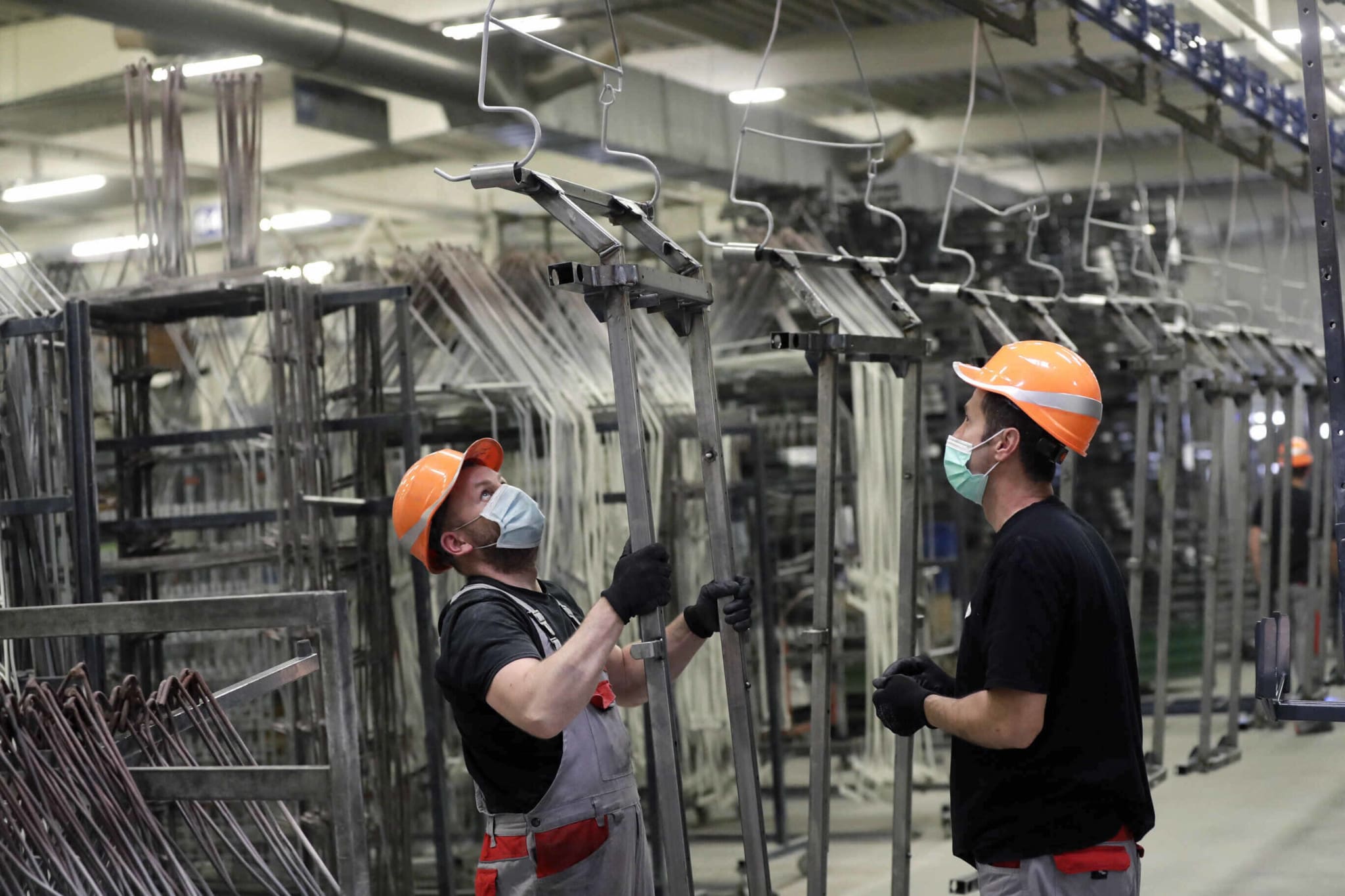Due to the growing wave of the Omicron variant, the Czech government is preparing to amend some measures. One of them is the so-called work quarantine. If necessary, some people who enter a quarantine after a positive antigen test could go to work, which includes workers in social services, education, public transportation, and healthcare.
Minister of Health Vlastimil Válek expects a significant onset of the Omicron wave from Jan. 16. According to him, the variant will let up in the second half of February.
“The fundamental problem with the Omicron is that the functioning of these countries is threatened by a large number of quarantined people. That is why we are looking for this model to maintain the functioning of the state and not have to take any drastic measures,” the minister said.
The government, therefore, wants to prepare for the next societal challenges due to mass quarantines, which would see people who have a positive antigen test still going to work and going to their workplace, but would be kept in “isolation” as much as possible.
The so-called work quarantine would apply to critical infrastructure staff and their key suppliers, such as hospital laundries. Workers in establishments that cannot be interrupted should also remain at work. These would be livestock farms, for example. However, these employees would continue to have to be tested twice a week.
Marián Hajdúch from the Institute of Molecular and Translational Medicine stated that work quarantine should not turn into work isolation.
“If an individual has a positive antigen test and is not quarantined by a PCR test and is infected, it will be something like ‘work isolation.’ At the same time, he is very likely to infect many other colleagues with Omicron. This will be especially risky in healthcare and social services,” Hajdúch added.






